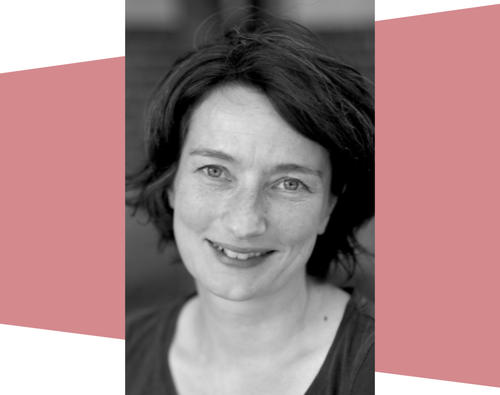Inga Pollmann
Inga Pollmann is Associate Professor of English and Comparative Literature, as well as German at the University of North Carolina at Chapel Hill. Formerly, she was a visiting professor at Deutsches Seminar of Eberhard Karls University, Tübingen, and at Graduiertenkolleg "Mediale Historiographien" at Bauhaus University, Weimar. Her areas of research include film and media theory, aesthetic theory, visual arts, as well as the environmental humanities.
Pollmann has published a number of publications so far; a representative few include Cinematic Vitalism: Film Theory and the Question of Life (2018), as well as “Environmental Aesthetics: Tracing a Latent Image from Early Safari Films to Contemporary Art Cinema.“ In: Cinema of Exploration, eds. James Cahill and Luca Caminati (2020), and “The Forces of the Milieu: Angela Schanelec’s Marseille and the Heritage of Michelangelo Antonioni.” In: A Transnational Art-Cinema: The Berlin School and Its Global Contexts, eds. Marco Abel and Jaimey Fisher (2018).
Three Quick Questions:
In a few words, can you tell us about your current research interest?
My current project Mood, Medium, Milieu: Environmental Film Aesthetics seeks to distill from correspondences between films and film theory with philosophy, theory of biology, theory of economy, cultural studies, and other arts a comprehensive understanding of mediation that is simultaneously specific to film and reflected in philosophical, cultural, biological and geological concerns. The emerging notion of mediation I am connecting to milieu, as natural/social medium, and mood, as aesthetic medium, in order to formulate an aesthetic of film that thinks mediation environmentally, an environmentality meant both affectively and geologically.
How do you relate the term poiesis to your work?
Poesis, hermeneutically understood as the creative production of world by means of fantasy in aesthetic experience, is an activity located not only in filmmaking/film practice. Since film has a particular ability to create worlds that are simultaneously film worlds and of this world, poetic creation is as much part of film reception as is aesthesis. Furthermore, film’s temporal gestalt means that poesis is always also 'Ent-staltung', de-formation (in Benjamin’s sense), as creative process.
Which film or other audiovisual format has resonated with you lately and why?
Alice Diop’s Nous – a mediation on contemporary France via Paris’ banlieues by a daughter of immigrants - touched me personally and profoundly as an essay film that is simultaneously carefully and meticulously crafted as well as airy and transparent to the vulnerability of, and between, the filmmaker and her subjects. And a number of films I saw at the silent film festival in Pordenone a few weeks ago, including Hitchcock’s Manxman (GB, 1929), a melodrama set on the Isle of Man with expressive scenery and an enormously touching love story between two men; the great Frank Borzage’s The Lady (USA, 1925) with a fantastic Norma Talmadge; and many, many others.
